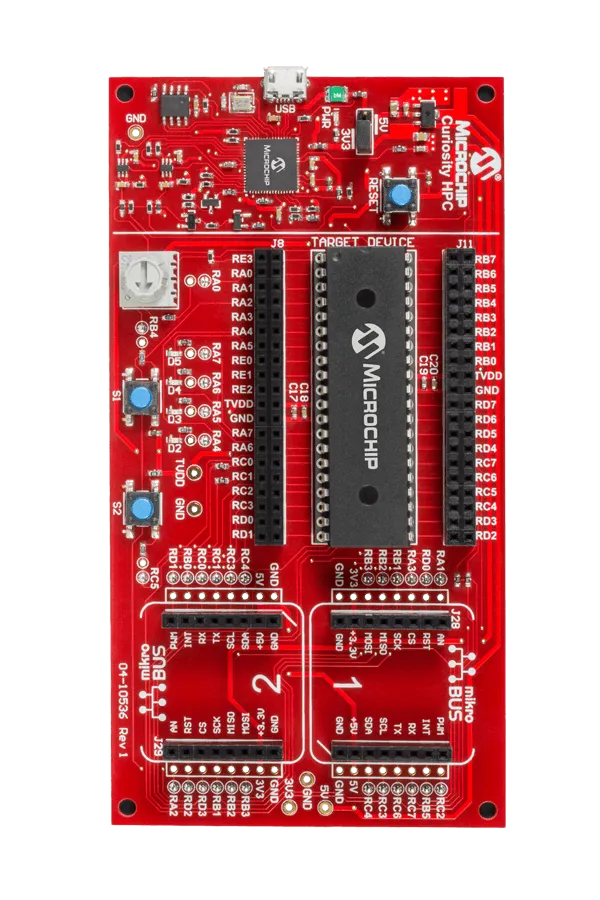Embedded Software FAQ
What is Embedded Software?
Embedded Software is the code or set of instructions that sits inside a microcontrolle and tells it what to do. From phones to space rockets, embedded software is in many technical devices. For more information click HERE
What is Embedded Software Mentoring?
Embedded software mentoring is a service where experienced professionals provide guidance, support, and training to individuals or teams working on embedded systems. This can include help with design, coding, debugging, and optimising embedded software and hands-on activity.
Who can benefit from Mentoring Services?
Our services are beneficial for students, recent graduates, enthusiasts, hobbyists, junior engineers and even seasoned professionals who want to deepen their knowledge or tackle complex embedded software challenges.
What industries do you serve?
We serve a variety of industries, including educational, automotive, healthcare, consumer electronics, industrial automation, telecommunications and more. Sometimes people just want to build a system that does something very specific.
What is the best microcontroller to learn Embedded Software with?
To learn the techniques you need, you need a microcontroller with a wide range of peripherals so you can understand the basics well. GPIO, interrupts and communication protocols.
What is the best way to learn Embedded Software?
Embedded Software requires understading datasheets and a lot of hands-on experience to be proficient. A good experienced mentor will help you learn faster ways to gain experience with programming and debugging so you can learn a wide range of techniques very quickly.
What are the prerequisites for joining the Mentoring Programme?
Basic knowledge of programming and a keen interest in embedded systems are the primary prerequisites. Specific prerequisites may vary depending on the mentoring program or project. No electronics knowlede is required.
What material do you cover in your Mentoring Sessions?
Our mentoring sessions cover a wide range of topics including, but not limited to, software design, embedded C programming, real-time operating systems (RTOS), microcontroller architectures, hardware-software integration, hands-on activitues debugging techniques and performance optimisation.
How are the mentoring sessions conducted?
Mentoring sessions can be conducted online via video conferencing, through Email correspondence, one-to-one sessions and a peer community where you can confer with others also on the programme.
Can the mentoring be tailored to specific projects or needs?
Yes, our mentoring has some tailoring to address specific projects, challenges, or areas where you need the most assistance. We always talk to students first to understand their goals clearly so we can be of best use.
What is the duration and frequency of the Mentoring Sessions?
The duration and frequency of sessions are flexible and can be adjusted based on your existing knowledge, schedule and needs. Typically, sessions range from 1-2 hours, held weekly. There are practical activities where you can try out what you have learned. You can request additional assistance if needed.
How much does the mentoring service cost?
We have multiple programmes and so the cost varies depending on the level of pre-existing experience, nature of mentoring required, the duration of the engagement, and the goals of the mentee. Please contact us HERE.
How do I enroll in the Mentoring Programme?
You can enroll by filling out the registration form on our website, or by contacting us directly via email or phone. Once we understand your requirements, we will match you with a suitable mentor.
Is there a trial session available?
Yes, we offer a free initial consultation to discuss your needs and see if our mentoring services are a good fit for you. We have a sample webinar outlining the type of things we cover HERE.
What support materials/resources are provided?
We provide a hardware package incoporating a Curiosity Board and a 2-Channel Oscilloscope. Also a range various support materials including reference guides, white papers, how-to videos and access to online resources. These materials are tailored to complement the mentoring sessions.
Can I get support outside of scheduled mentoring sessions?
Yes, our mentors are available for limited support via email between sessions. For urgent issues, you can schedule an additional session.
Do you offer group mentoring or workshops?
Yes, we offer group mentoring sessions and workshops for individuals and teams. These can be customised based on the group’s collective needs and project requirements.
The Programme Includes
A Hardware Package: A development board and a scope with clear setup information on how to use and connect.
Career Support: For those looking to change or upgrade their career to a more specific set of skills.
Hands-On Experience: To get you familiar with Embedded Systems so that you can move from one microcontroller to another with ease.
Debugging Techniques: How to get to the root of isses quickly and efficiently using advanced diagnostic methods.
Code Repositories: How to manage software in development and production environments.
Version Control: Keeping track of change and improvements so they can be re-applied to other projects.
Software Documentation: How projects are documented throughout the life-cycle from design to support.
We hope this FAQ has answered your questions about our embedded software mentoring services.
Whether you’re a beginner looking to get started or an experienced professional aiming to tackle complex challenges, our dedicated mentors are here to guide you every step of the way.
Don’t wait to take your skills to the next level.
Enroll today by filling out by clicking below and let’s embark on your learning journey together!

